Let´s learn more about smallholder farmers and/or their organizations, that is, who sells their own production for school feeding. First, we need to know how legislation defines these farmers.
In Brazil, the acknowledgement of a producer as smallholder farmer depends on multiple factors, such as production conditions and property sizes, considering the municipality´s context in which the property is located. According to Law no. 11,326/2006, a smallholder farmer and smallholder entrepreneur is someone who works in rural areas, owns an area smaller than 4 fiscal modules*, has family as workforce, family income linked to its own establishment, and family management. Also considered smallholder farmers: silviculturists, aquaculturists, extractivists, fishermen, indigenous, quilombolas and land reform settlers.

*A fiscal module is a measurement unit expressed in hectares that is determined to each municipality according to local production conditions. Know more about fiscal modules in the link below
http://www.oeco.org.br/dicionario-ambiental/27421-o-que-sao-modulos-fiscais/
Declaration of Aptitude to Pronaf (DAP)
The Brazilian federal government recognizes smallholder farmers and/or their organizations by means of a Declaration of Aptitude to Pronaf (DAP). This is the farmer´s identification document, used to access public policies destined to smallholder farming.
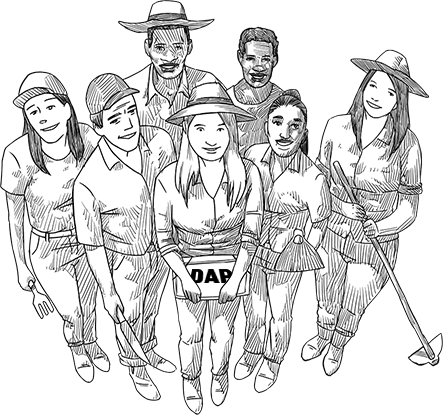
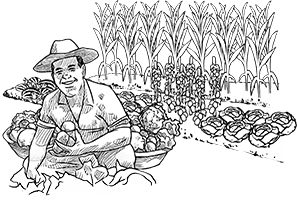
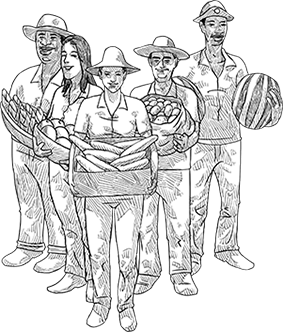
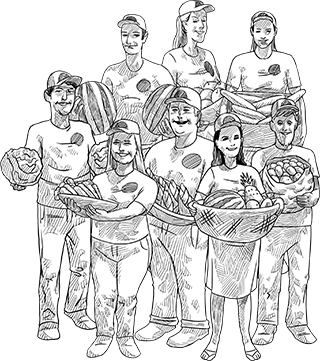
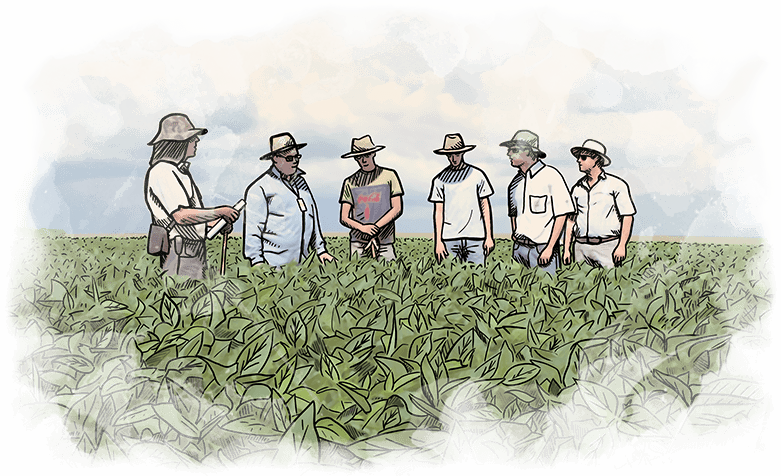
Participation of smallholder farming in school feeding.
School feeding manager in Cidade de Goiás highlights the need of updating the DAP, so the smallholder farmer can sell his/her production to PNAE.
